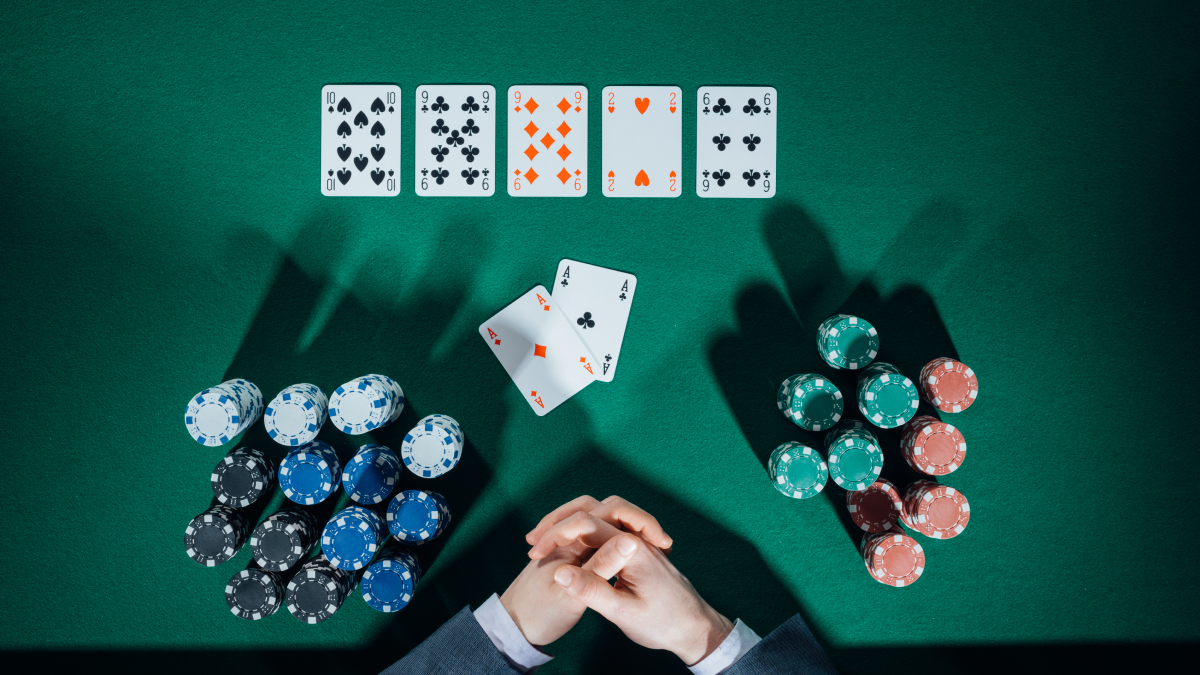10 Strategies to Win Big in Online Poker Tournaments
Tournament poker can be the dream come true of every poker player – it offers life changing sums while providing just the right mix of timely aggression and controlled risk. Tournament players must adapt their strategy according to different tournament formats such as freezeouts, rebuys, satellites and bounty events in order to succeed at tournament poker.
One of the key elements in poker is stack size. A short-stacked player should play tight, while medium stackers should aggressively try and steal blinds from them.
1. Play Early Position
Many poker professionals and experts will confirm that playing in position is one of the key components to successfully winning a poker game, as it allows you to observe how other players act before you act yourself.
Early position (commonly referred to as under the gun) is one of the worst places to play as it restricts your view of opponent holdings, making it harder to make profit from marginal hands preflop.
2. Bluff
Bluffing is an essential component of successful poker tournament strategy. By making opponents believe you possess strong hands, bluffing can help you win big hands more frequently and increase the likelihood that they fold their cards.
When it comes to bluffing, you must be mindful of both your opponent’s image and tendencies. For instance, if they tend to call more frequently and less on value betting than expected. Furthermore, consistent bet sizing should help establish credibility when you bluff.
3. Stack Size
Effective stack size is an integral factor to consider in poker tournaments, since player count changes frequently throughout a competition and knowing how to adapt optimally with various stack sizes is paramount for success.
Short stacks must adjust their strategy in order to avoid elimination and look for opportunities to double up, while deep stacks will have greater freedom in calling pre-flop bets with marginal hands.
4. Avoid Double-Up Situations
As tournaments near their conclusion, it’s essential to exert pressure on middling stacks in order to increase your expected value by winning uncontested pots and increasing EV. Also important are ICM and bubble factors when making decisions about play.
Avoid doubling up when possible as this will decrease your odds of winning. Double ups are usually committed when someone with a weak hand raises in late position in an attempt to force short stack players to call.
5. Don’t Be Afraid to Go All-In
Tournament poker requires taking risks to succeed. Sometimes this means taking bold risks such as going all in with mid stacks to put pressure on opponents and increase EV by winning uncontested pots.
Though you should only do this if your hand strength warrants it; otherwise you risk wasting valuable chips.
6. Be Aware of Your Opponents’ Betting Habits
Understanding your opponents’ betting patterns can give you valuable insight into their hand and strategy, as can observing their actions and reading possible tells.
As an example, when an opponent suddenly starts reaching for chips to bet it could indicate they have a weak hand or intentions that need revealing. Therefore, understanding your opponents correctly is critical to getting an edge in the game.
7. Use a Big Stack Strategy
Being in possession of a large stack gives you an advantage against weaker opponents, but it’s crucial that you understand how best to utilize this resource without risking your bankroll.
Prioritize tables that suit your bankroll before joining tables that don’t; otherwise, mistakes could quickly deplete it. Avoid playing against those with large stacks.
8. Don’t Bust Opponents With Short Stacks
Full stack players with bounties can quickly win small pots by entering light and pushing over short-stacked opponents; however, doing this could cost them future bounties in the form of future bounties that come their way.
To reduce this risk, players should choose their hands carefully before the flop and consider raising preflop. Doing this will put pressure on opponents’ stacks, leading them more often than not to fold post-flop.
9. Adapt Your Strategy Depending on the Stage of the Tournament
Adjusting your strategy at various points in the tournament is key for its success. When playing tight and waiting for big hands in the early stages before the antes start rolling in, playing aggressive is likely best.
As the tournament progresses, you should increase your stealing frequency. Be careful to maintain an acceptable balance between avoiding bully tactics from other players while still making use of steals and overbets for value creation.
10. Be Patient
Patience is an indispensable poker skill that enables you to maintain discipline and avoid costly errors, as well as wait for promising opportunities and conserve chips for times where you know you have a clear advantage.
Patience demonstrates self-control and strategic mindset, giving you a psychological edge over opponents. Practice mindfulness and self-awareness techniques to cultivate patience.




